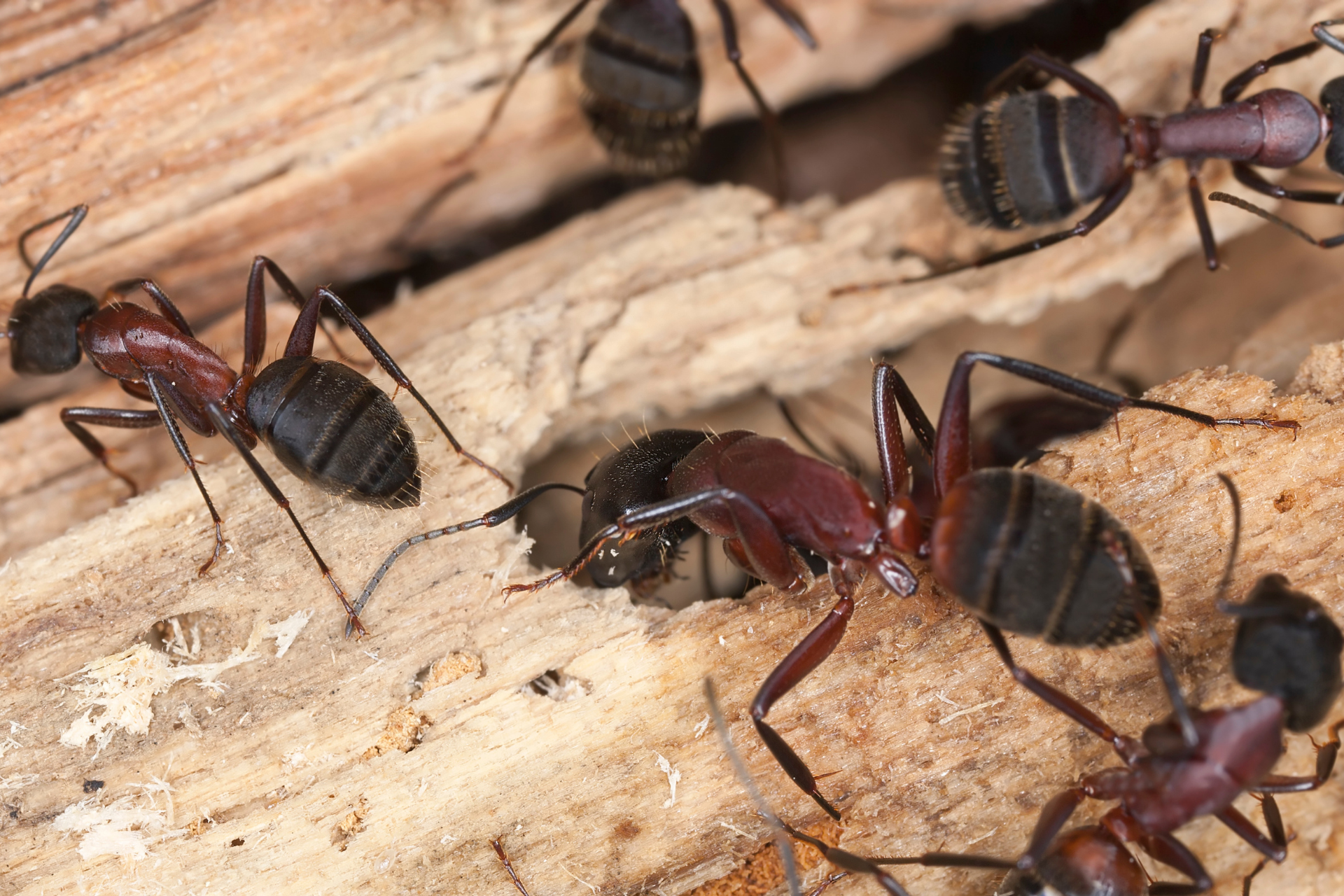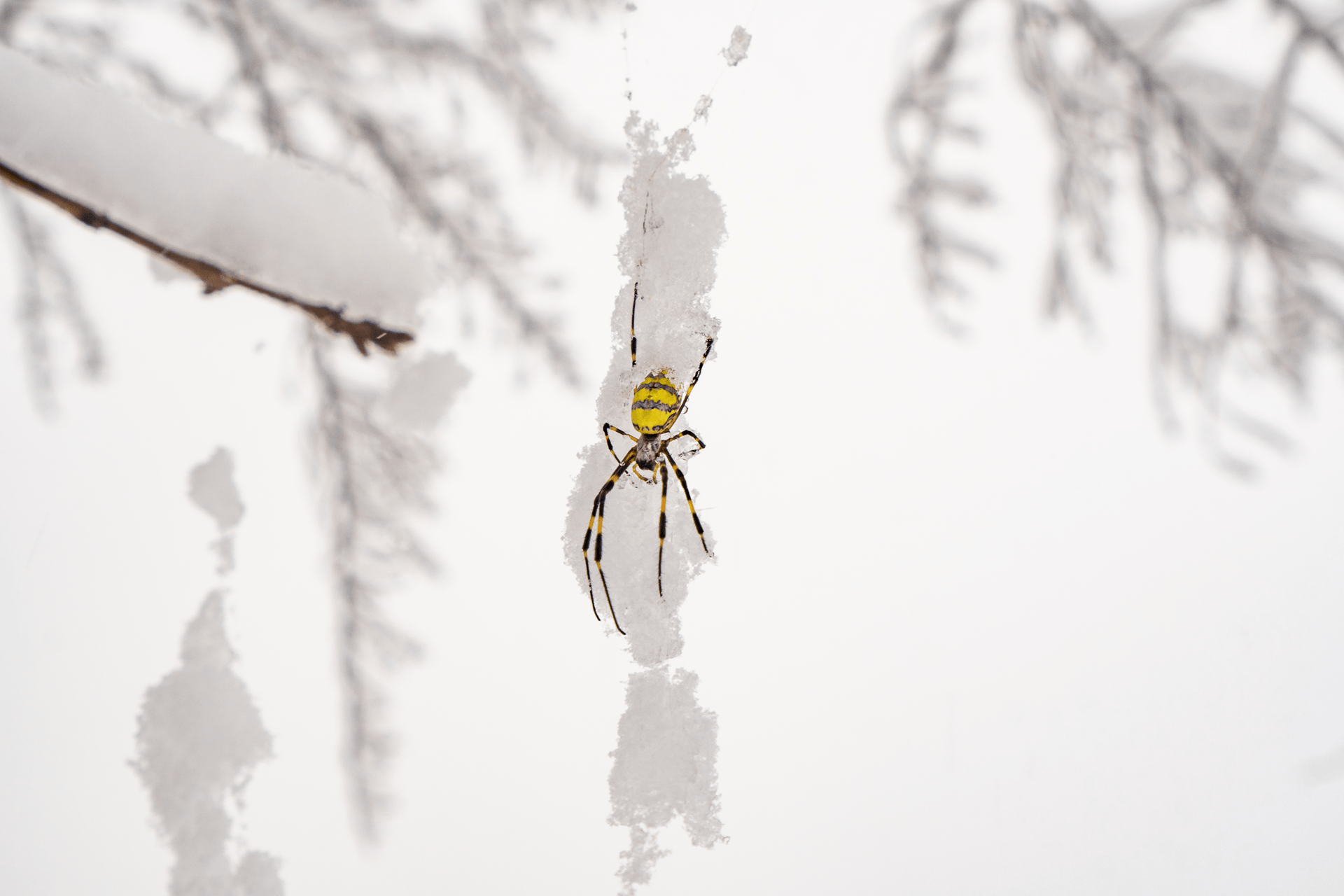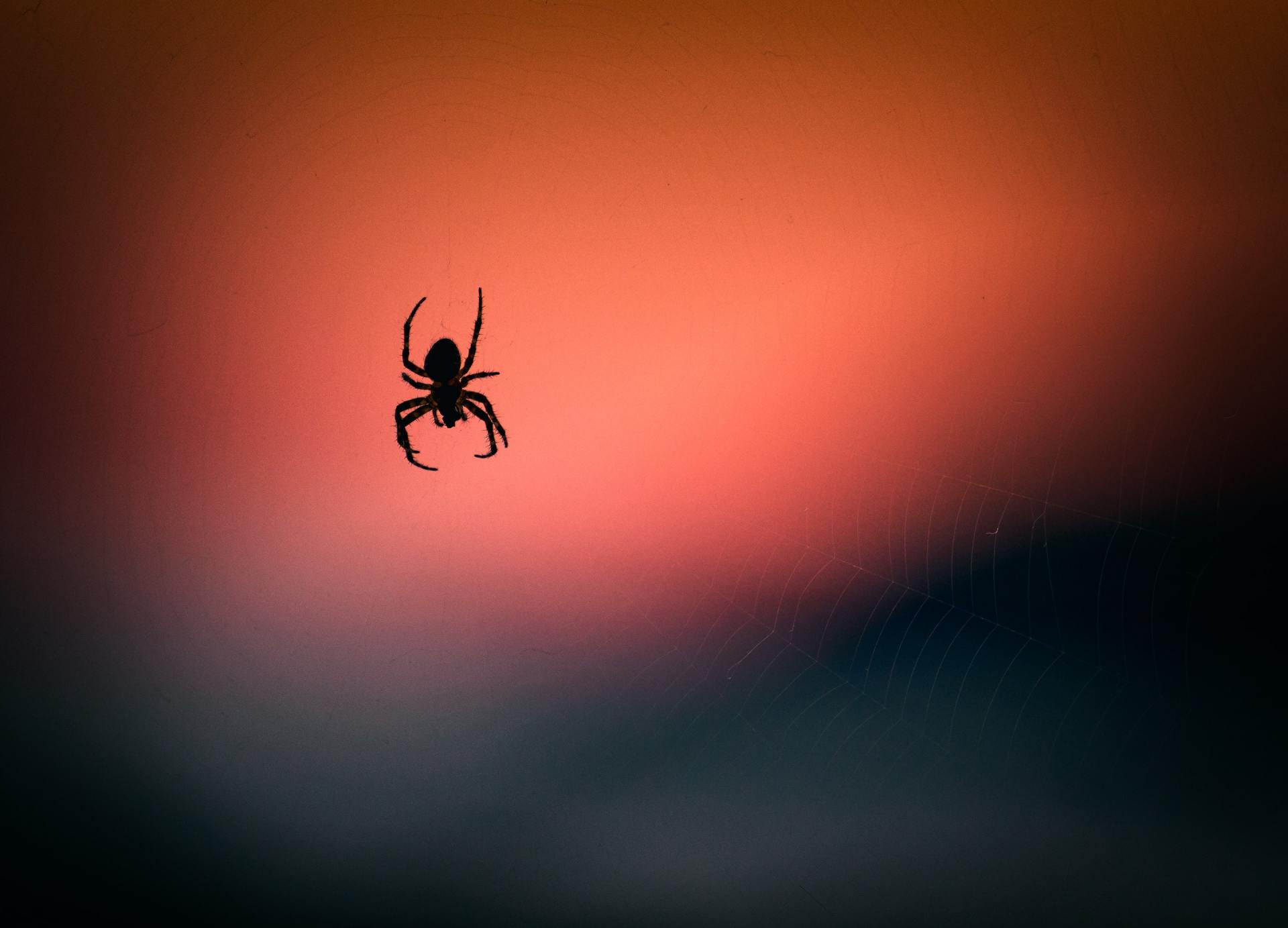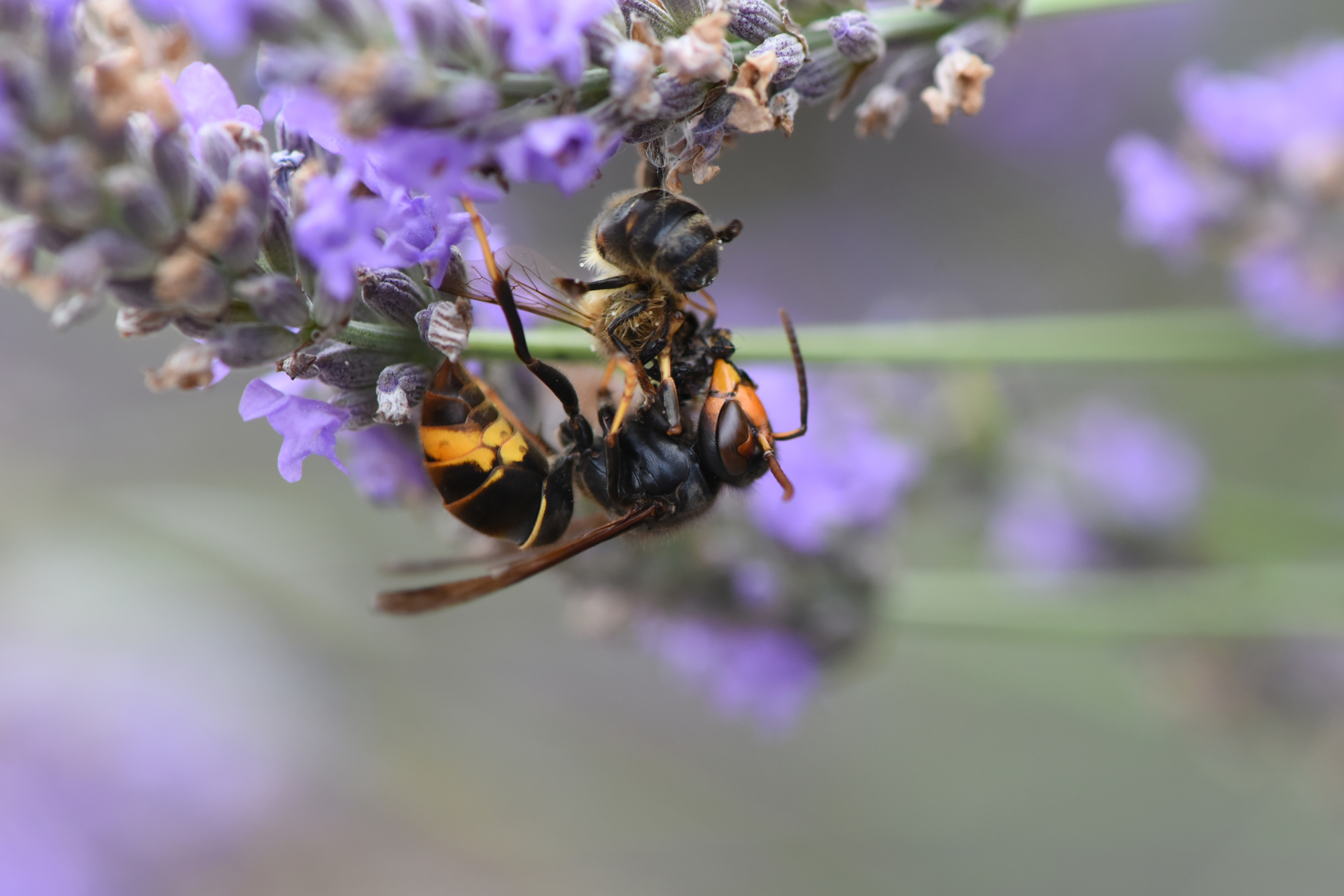Debunking Pest Control Myths
The Truth About Effective Pest Control Strategies
Pest control is something we all think about at some point, especially when we spot a mouse scurrying across the floor or find ants marching along the kitchen counter. But not all methods of keeping them away are created equal. In fact, there are quite a few myths out there that can lead people astray. Some people turn to quick fixes or do-it-yourself solutions they read about online, only to find that their problem persists or even gets worse. Our aim is to set the record straight. In this discussion, we'll debunk some popular myths about pest control and provide you with accurate information on what really works. This way, you can make informed decisions and tackle your issues effectively.
Why DIY Solutions Can Be Misleading
It's easy to see the appeal of do-it-yourself, or DIY, solutions. You find a quick tip online, maybe a "life hack" that promises to rid your home of pests using items you already have in your pantry. It sounds convenient and cost-effective, right? However, what these DIY methods often fail to deliver are lasting results and true effectiveness.
- Many DIY solutions offer only a temporary fix. While it might seem like you've solved the problem when you no longer see them for a day or two, they often come back, sometimes in greater numbers. That's because most DIY methods target the ones you can see, but not the ones you can't. For example, a homemade ant trap might capture some ants, but it won't reach the queen ant that's laying more eggs.
- DIY solutions can sometimes be unsafe. Combining certain household items to create a pesticide could result in toxic fumes or dangerous reactions. Without the right knowledge, you could put yourself, your family, or your pets at risk. https://www.healthline.com/health/bleach-and-ammonia
- Incorrect application of DIY methods can actually make the problem worse. For example, using too much of a certain substance might not only kill pests but also harm beneficial insects that naturally control the population. Or, using the wrong method could drive them further into your home, making it even more difficult to get rid of them later on.
In summary, while DIY solutions might seem appealing at first, they often fall short in providing a comprehensive, safe, and long-term solution. For these reasons, it's crucial to consider more effective and reliable options.
Common Myths
In the world of pest control, myths and misconceptions abound. These can mislead you into thinking you're taking effective action, when in fact you may be doing more harm than good. Let's debunk some of these common myths.
Natural Remedies Are Always Safe: One popular belief is that natural remedies, like essential oils or spices, are safe. While it's true that some natural products can repel them, they aren't always safe or effective. For instance, some essential oils can be harmful to pets or children if ingested or applied improperly. Also, natural remedies often provide only a temporary solution and may not eliminate the root cause of the infestation.
Over-the-Counter Chemicals Are Just As Effective: Many people think that the pesticides available at the local store are as good as the ones used by professionals. This is not true. Over-the-counter chemicals usually offer a one-size-fits-all solution, which may not be suitable for your specific problem. Professionals use a range of chemicals, often more potent and effective, and they're trained in how to apply them safely and where to use them for maximum effectiveness.
Traps Are Sufficient for Rodent Control: You've seen it in cartoons—a piece of cheese on a simple wooden trap to catch a mouse. But in reality, traps alone often can't solve a rodent problem. Traps may catch a few mice or rats, but they won't get rid of an entire colony. Also, traps don't address the reasons rodents entered your home in the first place, like food sources or entry points.
Clean Homes Don't Get Infested: There's a common notion that only dirty or messy homes attract them. This is misleading, as they can be attracted to any home for various reasons, including warmth, shelter, and availability of food, regardless of how clean it is. Keeping your home clean can reduce the risk of attraction, but it's not a guaranteed way to avoid an infestation.
By understanding the truth behind these myths, you can take more effective steps to manage and eliminate them in your home. The importance of relying on proven, professional pest control methods cannot be overstated, especially when faced with persistent or large-scale infestations.
What Really Works
After dispelling some common myths, it's crucial to turn our attention to the approaches that genuinely work. These methods are grounded in scientific research and professional expertise, offering a long-term solution to your problems.
One of the first steps in effective control is having a thorough inspection conducted by trained experts. Unlike DIY inspections, professional evaluations can identify not only visible signs of an infestation but also less obvious signs such as droppings, tracks, and even noises within walls. This comprehensive assessment enables the professionals to determine the scale of the issue and recommend an appropriate course of action.
Not all issues are the same, so it doesn't make sense to treat them all in the same way. Professional services often provide tailored plans that are specific to the type you're dealing with and the extent of the infestation. Whether it's rodents, insects, or others, a targeted approach ensures that the treatment is effective and long-lasting. This is far superior to general, over-the-counter solutions that offer a broad, one-size-fits-all approach.
Safety is a significant concern, and professionals are trained in applying treatment methods and chemicals in a way that minimizes risks to humans and pets. They know how to properly store and handle chemicals and how to apply them so that they are most effective against the pests but least disruptive to your home environment.
In summary, what really works are methods that are thorough, customized, and properly implemented. It's advisable to rely on professional services that can provide a comprehensive solution, from accurate identification to a targeted and effective treatment plan. This ensures not just a temporary relief, but a long-term solution.
We are here to help. Our experienced team uses effective, and multiple methods to rid your home of pests without harming the environment. We offer a range of services, from
termite control
to rodent control, all designed to protect your family and property. Don't let critters take over your life. Take action today.
Contact
us today for a free estimate.









